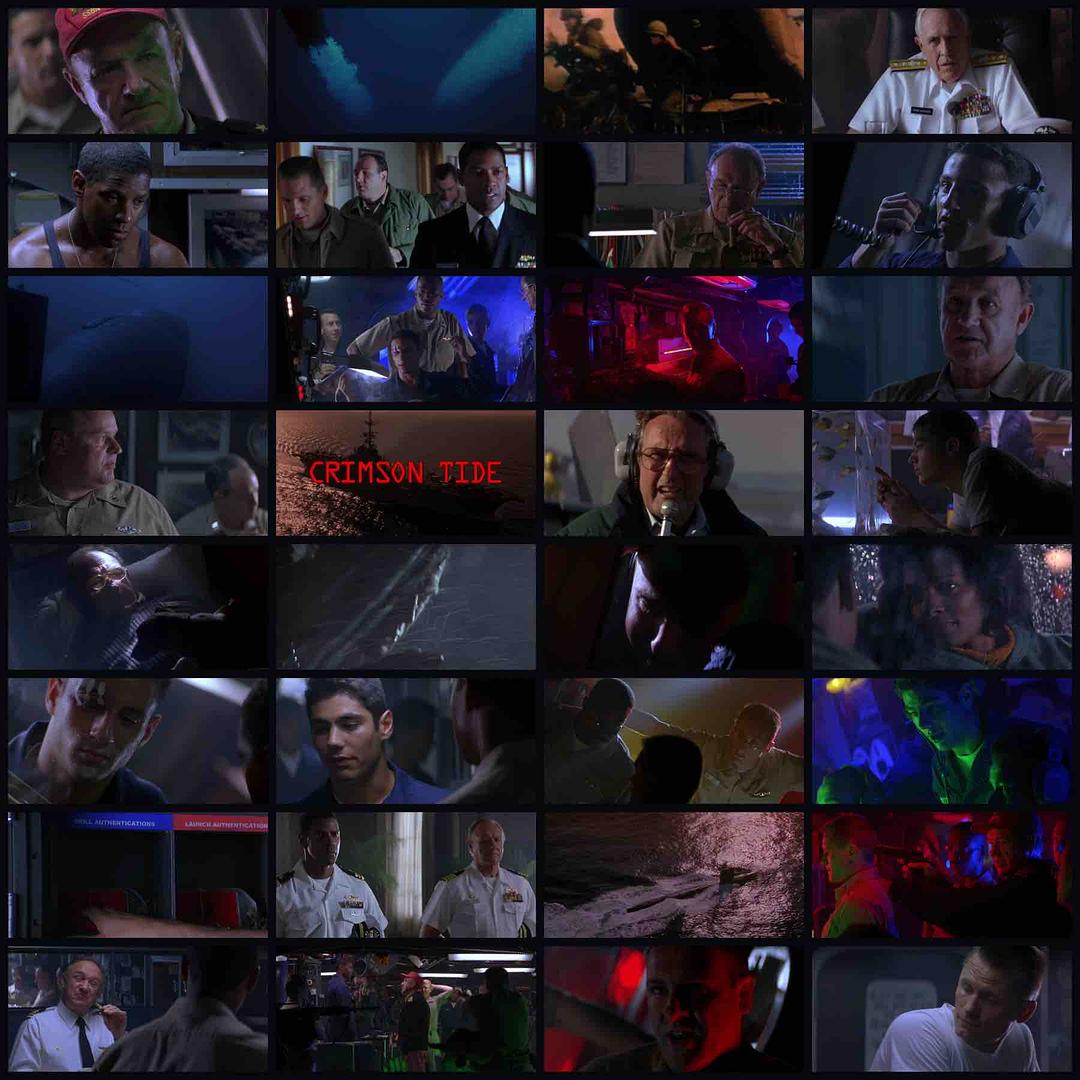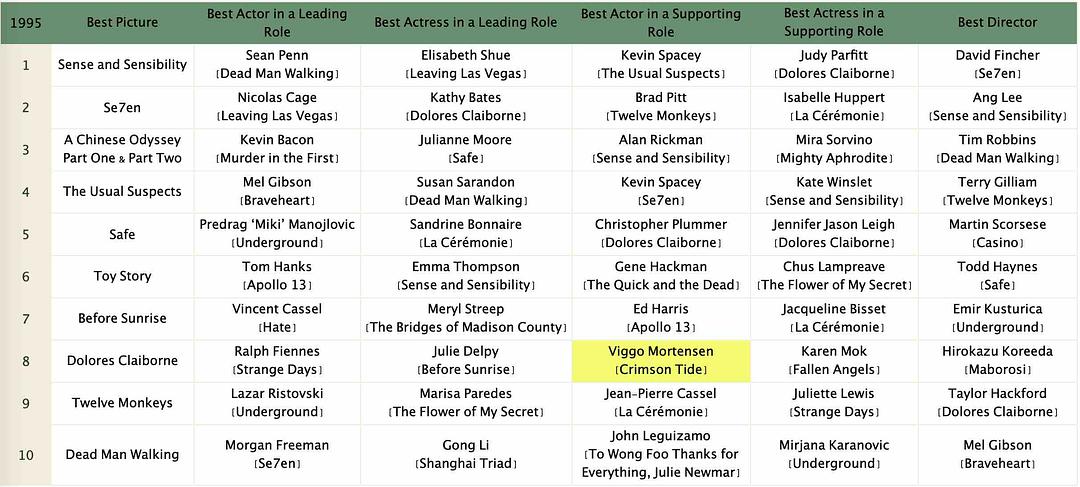他他 • 红潮风暴:[Film Review] Crimson Tide (1995) 7.5/10

A mutiny transpires inside the USS Alabama submarine carrying nuclear weapons on its mission to pre-empt a possible nuclear strike from radical Russian militarist in revolt, Tony Scott’s CRIMSON TIDE inculcates a valuable lesson in the face of a conflict of wills, between the sub’s commanding officer Captain Ramsey (Hackman) and new XO Lieutenant Commander Hunter (Washington).
A standoff is caused by an incomplete radio-transmitted Emergency Action Message, and it is a toss-up, Ramsey favors for continuing the missile-launching directive received from a prior message, but Hunter thinks it is better to mark time before they can decode the entire message, in case the second message is a retraction. Hunter’s suggestion sounds rational and judicious, yet Ramsey is gung-ho in attacking the Russian nuclear installation as the clock is ticking (pursuant to the theoretical time left for Russian to fuel their missiles), that is the breaking point and in the ensuing sides-choosing game, Ramsey and Hunter each has their adherents, but the rub can be boiled down to one’s belief in war or peace, whereas Ramsey’s action is to gain an upper hand of an impending nuclear war, Hunter chooses to fight for the possibility that the damning war can be avoided. On the strength of which, one can fairly divine which outcome the film opts for.
By design, CRIMSON TIDE is exclusively a boy’s club once the expedition starts (it takes about 10 minutes), and its point-of-view never leave the sub during the whole enchilada, ergo, a shroud of claustrophobia (under Hans Zimmer’s sonorous synth score) is one of the corollaries , along with masculine duties and patriotic manifestation (humbling the enemy with the torpedo-dodging skill is a pat self-congratulation), but as Scott’s track record attests, holding the tension on point amidst swift actions and kerfuffles is right in his element (coupled with rapid editing and mock foley fidelity of manning a juggernaut), plus playing a blustering Hackman off against a four-square, unbowed Washington turns out to be a highly entertaining barn-burner, alas, it is up to Viggo Mortensen’s Weapons Officer Peter Ince, to sustain the most arduous, nail-biting affliction when the crunch hits.
Interleaving references of Star Trek and comic books as a mood lightener (purportedly courtesy of Quentin Tarantino’s uncredited tinkering of the script) is a smart move, but the film’s real zinger is its tactful examination of the generational divide and bigotry under a male-oriented bell jar, while Washington’s dark pigmentation distinguishes himself as a well-deserved, racism-flouting victor, but betrayed by the subservient character of Lieut. Darik Westerguard (Carroll), the only other black officer in the top tier, who squarely goes to the mat for Ramsey, Scott’s film is not as blithely colorblind as it seems prima facie, more interestingly, through Ramsey and Hunter’s banter about the provenance of Lipizzaner (the right answer is neither Portugal nor Spain, but the Spanish Riding School of Vienna, Austria), the apposite shorthand of men’s own intrinsic limitation, we are alert to that any scale of man-made disaster can be triggered by a single individual’s monomania, which unwittingly renders the supposedly reassuring coda, that only POTUS has the say-so to unleash a nuclear holocaust, in much distress and fear of the year 2020.
referential entries: Tony Scott’s UNSTOPPABLE (2010. 7.3/10); René Clément’s THE DAMNED (1947, 7.3/10).


